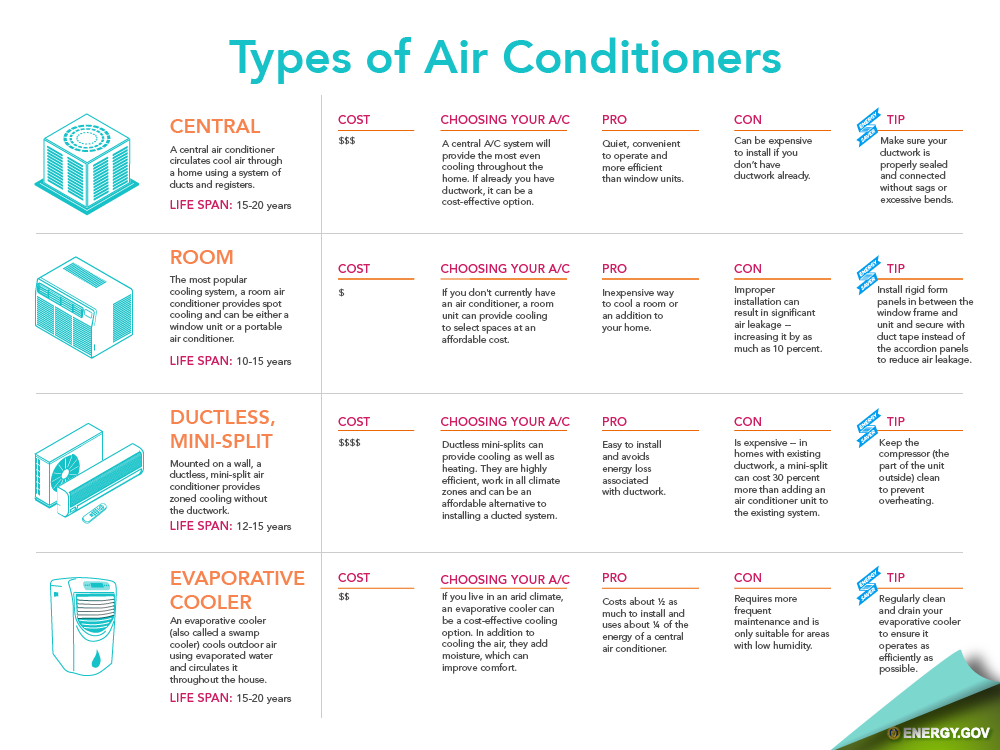Checking Out The Environmental Benefits Of Warmth Pumps - A Lasting Home Heating Option
Checking Out The Environmental Benefits Of Warmth Pumps - A Lasting Home Heating Option
Blog Article
Authored By-Dickinson Otto
In an age where sustainability and energy effectiveness are paramount, lots of organizations look for eco-friendly home heating options. One such service is the heatpump.
A heat pump removes the heat in its environments and pumps it into your home, leading to among one of the most efficient eco-friendly central heating systems around. This procedure also produces no greenhouse gas emissions, making it an extremely sustainable innovation.
Power Effectiveness
Heat pumps are very energy reliable and require little upkeep. click here for more info utilize less electrical power than various other furnace and are by far one of the most environmentally friendly. They work well with roof solar and can commonly spend for themselves in utility financial savings alone.
They can additionally supply cooling, which is terrific for garage workshops, attic hangouts and bonus rooms, and home additions without extending the existing ductwork. They can also be used for retrofits in existing homes with hydronic (water-based) distribution systems such as low temperature level radiators or radiant floors.
Seek designs with SEER and HSPF scores that fulfill or exceed Canada's minimum requirements, along with the requirements in your region. Higher ratings mean higher performance, which saves you cash in the long run and minimizes your carbon impact. You could even get approved for rebates and incentives! The best units are those with a ground warm exchanger for added efficiency. These systems can soak up thermal power from the ground during the winter and remove it in the summer.
Reduced Greenhouse Gas Emissions
Heat pumps work on electricity and essentially move warm from the air, even when it's cold outside. They are able to extract the totally free warmth caught in air particles and relocate them indoors, reducing humidity while doing so.
Contrasted to gas heating systems, contemporary heatpump use less than one kilowatt of electrical energy per kilowatt of heating power they create. This makes them the most energy reliable heating alternative offered with a POLICE (Coefficient of Performance) of 4 or even more. By reducing the requirement for fossil fuels, heatpump help in reducing greenhouse gas emissions and cut various other significant air contaminants.
Structure decarbonization is an international imperative, and the HVAC market is a key driver of that procedure. Whether it's investor making internet no commitments, plan makers establishing emissions limits, or renters demanding greener rooms, electrical heatpump are being identified as a vital service. They are an economical method to lower carbon discharges by eliminating the need for nonrenewable fuel sources in structures.
Flexibility
Heatpump can be utilized in lots of kinds of homes and buildings-- with or without ducts. They work with hot-water radiators, air-conditioning and programmable thermostats. They can replace heaters or be mounted in new homes. They can run on photovoltaic panels, geothermal systems or even area heating sources like wastewater.
air conditioning repair experts canterbury at providing more warm per power system. For instance, an air-source heatpump creates as much as 3 or even more home heating units from each power system it eats.
Obtaining the most from your heat pump will certainly depend upon your environment area and top quality of insulation. Look for models with ENERGY celebrity rankings and compare their SEER or HSPF specifications. In warmer climates, concentrate on SEER; in chillier regions, consider a system with a higher HSPF score. Additionally, invest in air sealing and insulation to reduce the load on your heat pump. That will boost power effectiveness and aid you reach your Internet No goals much faster.
Biomass Boilers
Biomass central heating boilers utilize wood pellets, chips or logs to produce warmth and hot water. They are an excellent choice for off-grid buildings or those that want to leave the gas grid.
As a standalone heating unit, biomass can give enough energy to keep your home warm all year round without the normal heat drop off of other renewable technologies. They can also be used along with solar panels to increase financial savings and benefit from RHI settlements.
A downside of these systems is the in advance price and regular gas distributions. Commonly, pellets will certainly require to be blown right into a fuel store making use of a vacuum system or they can be by hand fed into the boiler through a hopper. Logs are usually self-sourced from nearby woodland or bought in bulk. In addition to this, they call for hand-operated loading and might need cleaning regularly.